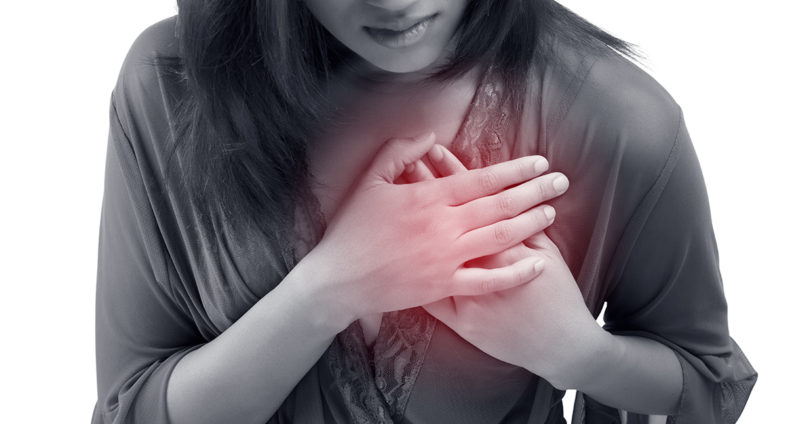It’s not uncommon for people to be depressed. One out of ten adults suffers from depression. Most people will experience depression at some point in their lives. However, can long-term depression negatively impact your health in more ways than you know? As per the best Cardiologist in India, yes.
According to Dr. Sanjay Kumar, Director and Head Department of Cardiology at Fortis Escorts Hospital, Faridabad. The number of studies proving that depression increases heart disease risk is expanding. To reduce one’s risk of heart disease, there are many things one can do. Regardless of how much exercise you do, even a thirty-minute walk can improve your health and mood. The effects of smoking on your cardiovascular system and heart can be quite severe. Depressed people can have trouble forming or breaking these habits. If so, a medical professional may be able to help.
Depression is more common in patients who have suffered a heart attack than in people who haven’t. On the other hand, depression may raise your risk for heart disease. Here’s why. Read on!
Factors contributing to depression in everyday life:
There is more to depression than just feeling sad or blue. Almost every aspect of your lifestyle can be impacted by this disease.
Dr. Sanjay Kumar, the best cardiologist in India says, “Depression symptoms include low mood, sleeping difficulties, loss of interest in activities you once enjoyed, negative thoughts about yourself such as feeling worthless, difficulty concentrating, and weight gain. Some may have suicidal thoughts. Symptoms of depression can lead to changes in our daily routines and healthy habits, which impacts our overall health.” Dr. Sanjay Kumar continues, “Being depressed often means neglecting self-care, which can create unhealthy eating habits, slow sleep patterns, and neglecting exercise. If these behaviors continue, weight gain and high blood pressure can occur, which are both risk factors for heart disease.”
How does depression affect the body?
Depression certainly affects the way you live and your habits, but it can also affect your body directly. Low-grade inflammation has been linked to it. It can also lead to your blood clotting more easily, clog your arteries, and increase the production of stress hormones. Do not be fooled by the argument that depression is a mental illness. Depression has a physical impact on your body.
Combating depression and heart disease
Depression and heart disease are not something anyone wants to experience. As a result, there are things you can do to prevent both heart disease and depression. Here are a few ideas to get you started:
- If you’re depressed, seek help. Consult your doctor or a qualified therapist. You can receive appropriate medication, therapy, or other solutions to help you improve your health.
- Stress can be reduced. Don’t take on unnecessary commitments. Don’t be afraid to ask for help. Mediate every day or find similar ways to relax to keep stress at bay.
- You should stop smoking. This is a major risk factor for heart disease. Smoking is an easy way to “feel better” if you are depressed, but it isn’t good for your heart. If you need help quitting, speak with your doctor.
- Make sure you get enough sleep. Sleep deprivation will only worsen your depression.
- Reduce your drinking (or stop it completely). Drinking will not only make you depressed, but it will also increase your blood pressure. You are at risk for heart attacks and strokes if you have high blood pressure.
- It’s time to get moving. Getting exercise will help your body produce feel-good hormones. You can also improve your heart health by becoming more active.
- Make sure you eat healthy foods. Consider fruits, vegetables, whole grains, and lean meats. It will not only help with depression, but it will also make you healthier by preventing heart disease.
Having a heart attack can make you feel depressed. Even if you have never had a heart problem, your depression could put you at risk. Taking care of yourself can help with both depression and heart disease. Dr. Sanjay Kumar, the best cardiologist in India specializes in diagnosing and treating diseases or conditions of the heart and blood vessels. He helps victims of heart disease return to a full and useful life and also counsel patients about the risks and prevention of heart disease. He aims to provide the best possible, comprehensive, and multidisciplinary heart treatment equipped with the latest technology for all types of procedures.

